What is safe partying?: Your guide to staying safe while having fun
Learn about essential tips for handling emergencies and enjoying yourself responsibly.
What is safe partying? Safe partying is all about having a great time while minimising risks and looking out for yourself and your mates. It's an essential skill for young adults navigating the social scene, especially when alcohol or other substances might be involved.
According to a 2022 study by the Australian Institute of Health and Welfare, one in three young Australians aged 18-24 reported engaging in risky drinking behaviour. This statistic highlights the importance of understanding safe partying practices.
By learning what is safe partying and how to handle potential emergencies, you can ensure that your nights out remain memorable for all the right reasons. Let's explore some crucial tips to keep you and your friends safe while still having a blast.
What to do in case of emergency: Be prepared, stay calm, act fast
prepared for emergencies can make all the difference in keeping yourself and your friends safe. Knowing how to react quickly and calmly in various situations is crucial because having a plan can save lives. Let's break down some common emergency scenarios and the steps you should take to handle them effectively.
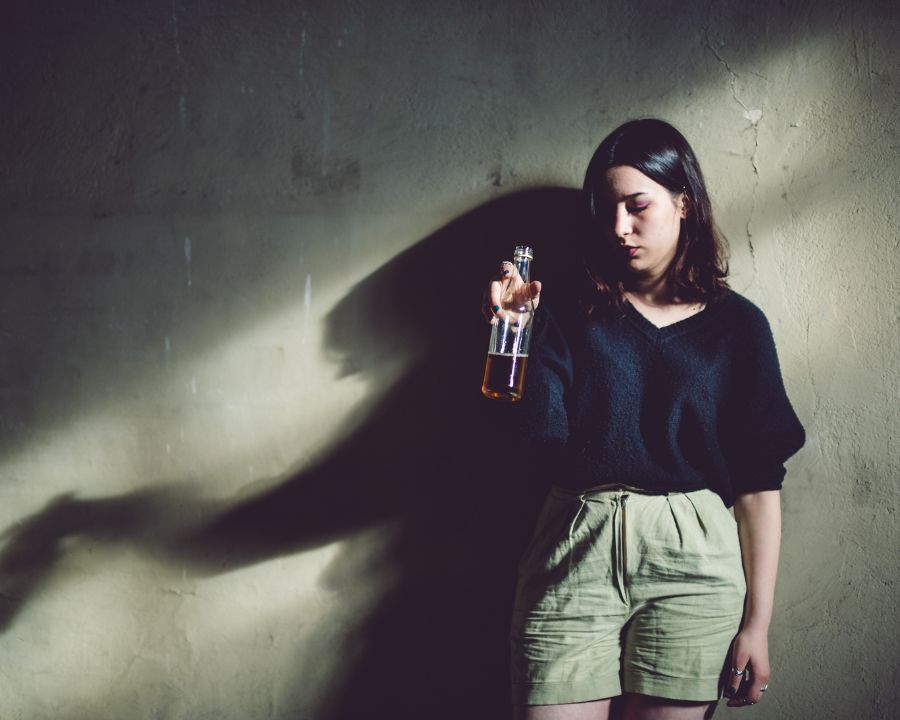
Recognise the signs of alcohol poisoning
Alcohol poisoning can be life-threatening. Watch for signs such as confusion, vomiting, seizures, slow breathing, pale or blue-tinged skin, low body temperature, or unconsciousness. If you suspect alcohol poisoning, don't wait – it's always better to be safe than sorry. Call emergency services immediately (dial 000 in Australia) and stay with the person until help arrives. While waiting, keep them on their side to prevent choking if they vomit, and try to keep them warm. Never leave someone with suspected alcohol poisoning to "sleep it off" – this could have serious consequences.
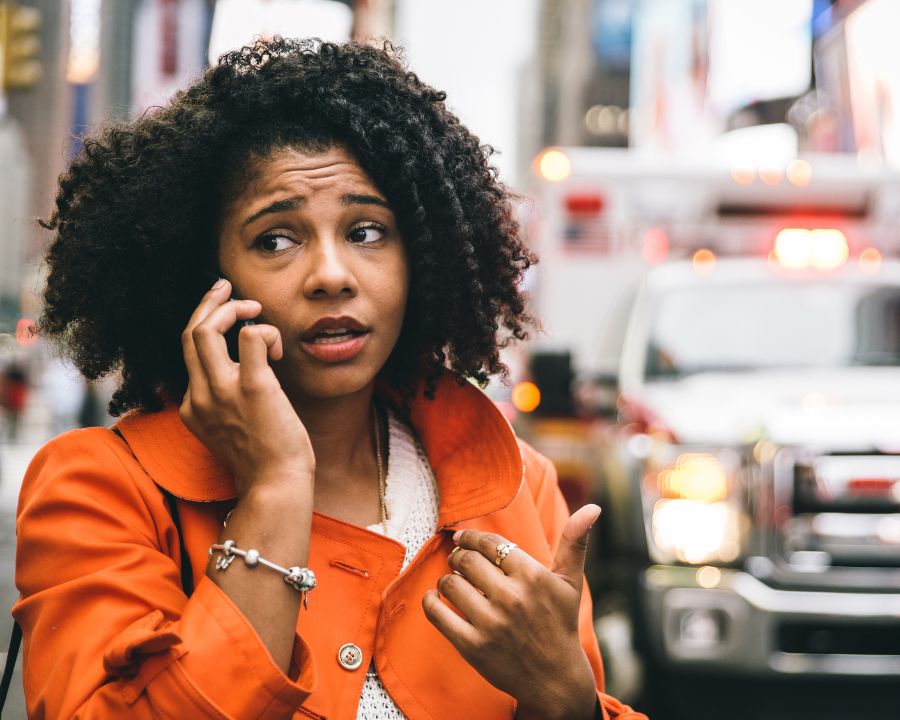
Handle drug-related emergencies
If someone is experiencing a bad reaction to drugs, stay calm and assess the situation. Signs may include extreme anxiety, panic attacks, difficulty breathing, chest pain, or loss of consciousness. Call 000 for immediate medical assistance. While waiting, move the person to a quiet, cool area if possible. If they're conscious, reassure them and try to keep them calm. If they're unconscious but breathing, put them in the recovery position. Be prepared to provide information about what substances were taken to the paramedics. Remember, paramedics are there to help, not judge.

Deal with aggressive behaviour
If someone becomes aggressive or violent during a party or social gathering, prioritise your safety and that of others around you. Try to de-escalate the situation by speaking calmly and avoiding confrontation. Create distance between the aggressor and yourself if possible. If the situation doesn't improve or you feel threatened, don't hesitate to call the police. Never try to physically restrain someone unless it's necessary to prevent immediate harm. If you're in a licensed venue, alert the security staff immediately and let them manage or de-escalate the conflict situation.
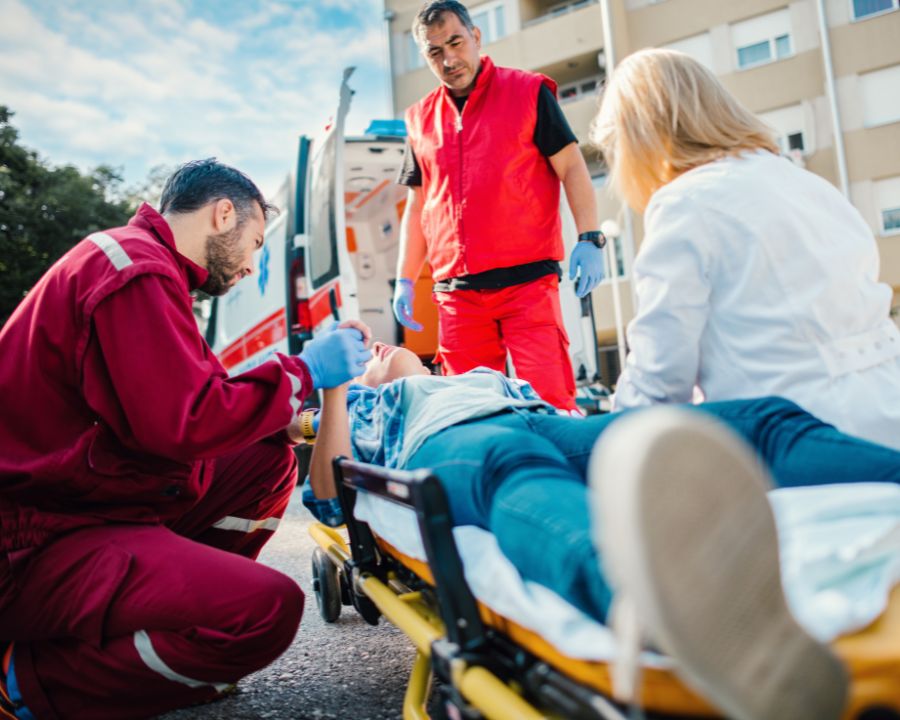
Handle severe allergic reactions
Allergic reactions can occur unexpectedly no matter where you are and escalate quickly. Signs of a severe allergic reaction (anaphylaxis) include difficulty breathing, swelling of the face or throat, hives, and dizziness. If someone has an EpiPen, help them use it immediately. Even if they use the EpiPen, always call 000 as the person will need further medical attention. While waiting for help, have the person lie flat with their legs elevated, unless this causes breathing difficulties. If they become unconscious and aren't breathing, provide CPR if you're trained to do so.
What Our Community Says About Us
Our Partners

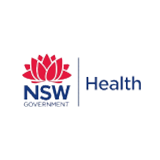
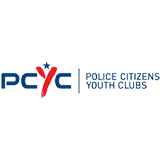


Youthsafe: Empowering young Australians to party safely
Youthsafe provides educational workshops, online resources, and peer support programs that equip young Australians with the knowledge and skills to make informed decisions about their safety. Our evidence-based approach covers various topics that help young Australians socialise safely and responsibly.
By engaging with our programs, young people can gain valuable insights into what is safe partying and how to secure social safety for youth.
FAQs
Stay with them, keep them hydrated with water, prevent them from drinking more alcohol, and seek medical help if you're concerned about their well-being.
Be cautious if you notice aggressive behaviour, excessive drug use, lack of security, or if you feel pressured to participate in activities you're uncomfortable with.


